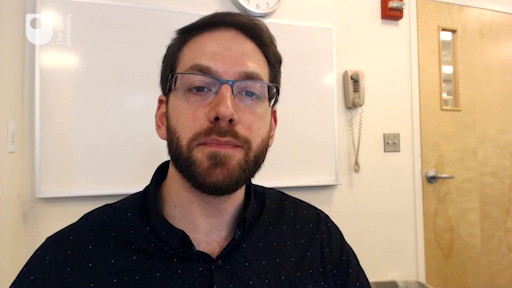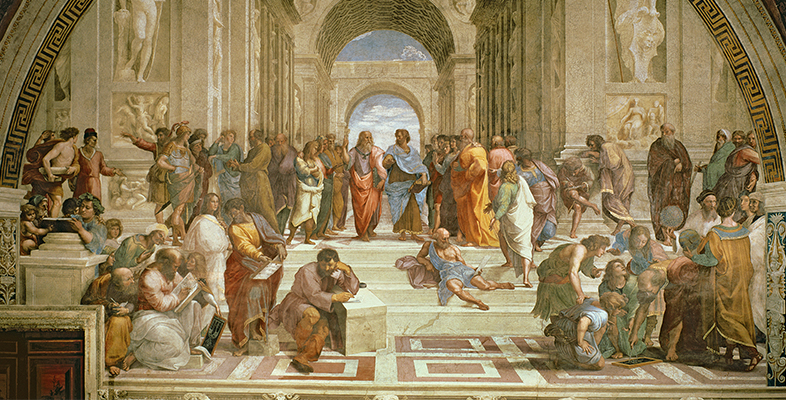4.1 The value of nature
If you remember back to last week, in Part II of his paper, Elliot describes his belief that the value of nature lies in the fact that ‘they are representative of the world outside our dominion, because their existence is independent of us’ (p. 86). You shall return to this idea in a moment. First, listen to what Erich Hatala Matthes has to say about the value of nature (once more, the quality is not as good as it could have been because it was recorded over Skype).

Transcript: Erich Hatala Matthes on the value of nature
[MUSIC PLAYING]
Hatala Matthes argues that ‘we should be pluralists about the value of nature’. Among the values placed on nature is its relative independence of people – as stressed by Elliot – as well as its natural beauty and what he calls ‘ecosystem services’.
Focus now, however, on the value that Elliot stresses: on natural things being valuable ‘because their existence is independent of us’. In some ways, this is a contradictory idea. Think about what other things Hatala Matthes claimed to be found valuable about nature: its having natural beauty ‘available’ and the benefits it brings in terms of ‘direct impact on human well-being’. In these instances, nature is valuable exactly because it is not independent of human beings; it has a direct effect on people in terms of providing them with beauty, or with clean air and clear water. Given this, how can the value of something reside in it being ‘outside our dominion’; in it not having a ‘direct impact’ on people?
This question leads to the heart of the issues concerning value. Are there values that are not, ultimately, just values for human beings? This course has been focusing on one example: pristine nature. The argument has been that it has a value that can counter-balance the values that can be extracted from it by, for example, mining or fracking. That is, the value of being independent of human beings. Here is another example: historical value. Huge amounts of resources are put into preserving old stuff. Ancient monuments aren’t simply knocked down when building roads, or medieval castles destroyed to put up cheap housing. Hatala Matthes states that ‘The historical properties of objects offer us a genuine connection to the past. Though we cannot go back in time, the objects and places that were present in the past travel forward in time with us’ (Matthes, 2013, p. 61). The claim is that some of the value of both pristine nature and the past is because it exists ‘outside our dominion’; independent of whatever needs or desires human beings have just at the moment.
